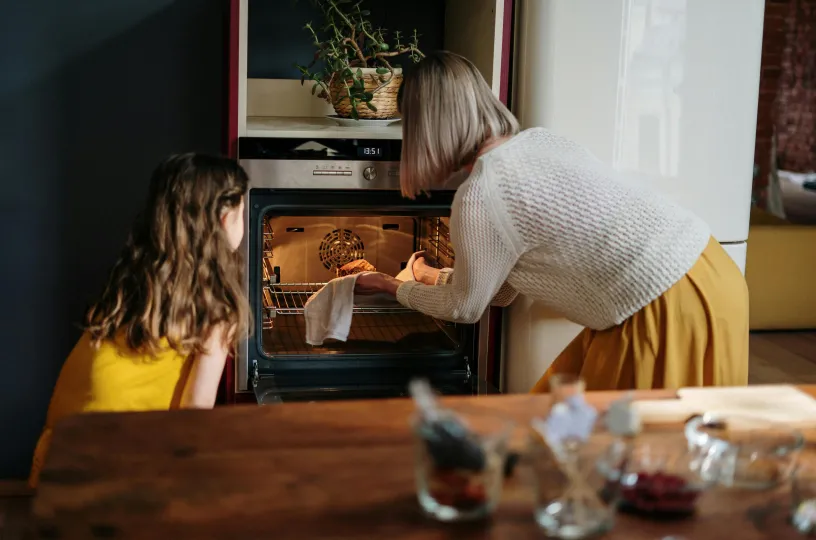Finland’s long, cold, and dark winter raises expectations for the summer vacation. The pressure can grow even more if you only have one longer break – for many, it has to be perfect.
– Then everything that “should” be done during the holiday is scheduled and organized. But overplanning can lead to disappointment when something doesn’t go according to plan – you could fall ill, or the weather could ruin your plans, says Tanja Luukkanen, Pro’s Senior Advisor on Work Environment and Equality Affairs.
If everyday life is already tightly scheduled, planning your vacation the same way can create a sense of urgency – which keeps your mind from truly resting.
– The point of a vacation is recovery. We need both physical rest and mental downtime. That’s why it’s wise to leave some room in your calendar and stay open to surprises, Luukkanen advises.
Balance rest with meaningful activity
The kind of rest you need often depends on the nature of your work. If your job is physically demanding, you might long to lie in a hammock. But pure idleness might not be ideal for a knowledge worker.
– Light activity is often better for mental recovery than doing nothing. If you’re too still for too long, you can start to feel tired or down. The right balance includes rest and some meaningful action, Luukkanen explains.
For many, summer vacation is a great time to wash rugs, renovate the cottage, or tend the garden. As long as you don’t take on too many unfinished projects, physical activity can offer healthy contrast to desk work.
– Some demands remain during holidays. But something like chopping wood or washing rugs gives a concrete result – you see what your hands have done. Focusing on crafts, for example, can also help clear your mind of work.
Good holidays are built on everyday routines
To keep your vacation from becoming just another task, it helps to practice resting in everyday life by making a clear distinction between work and free time.
– A common problem these days is that the boundary between work and leisure is fading. If you learn to set that boundary during the workweek, it’ll be easier to do on vacation, too, Luukkanen says.
Many feel stressed just before their holiday, trying to finish every task and clear their desk. But Luukkanen encourages a more compassionate approach: just take care of what truly matters.
– Make notes on where you’ll pick things up after the holiday. That way, work won’t linger in your thoughts and memory while you’re off.
For some, starting the vacation with a trip helps shift into holiday mode quickly. But Luukkanen says it’s often a good idea to take a breather between work and travel – especially if pre-vacation stress has been intense.
– Even if you’ve planned the perfect end to your work period, something unexpected usually comes up. It’s rarely fully in your control, Luukkanen reminds.
Time for yourself matters, too
Social media can also create vacation pressure – everyone seems to be enjoying the perfect summer. Luukkanen reminds us that what we see isn’t the whole story.
– People usually only post the highlights – not the stomach flu that hit halfway through the trip. Sometimes, a break from social media is exactly what your brain needs.
In families with small children, or when partners want different things from the holiday, some planning and compromise are needed.
– Kids’ routines don’t disappear in the summer. But parents can agree on taking turns: one sleeps in while the other takes the kids to the amusement park – or visits a museum instead. The key is to make sure the whole holiday isn’t spent on someone else’s terms. You also deserve to enjoy it.
Parents may feel pressure to create the perfect summer. But for children, the most important thing might be simply spending time together.
– The best recovery comes when holidays and long weekends are spread across the year. We also need moments of rest in our daily lives – not just something to look forward to during summer, Luukkanen emphasizes.
